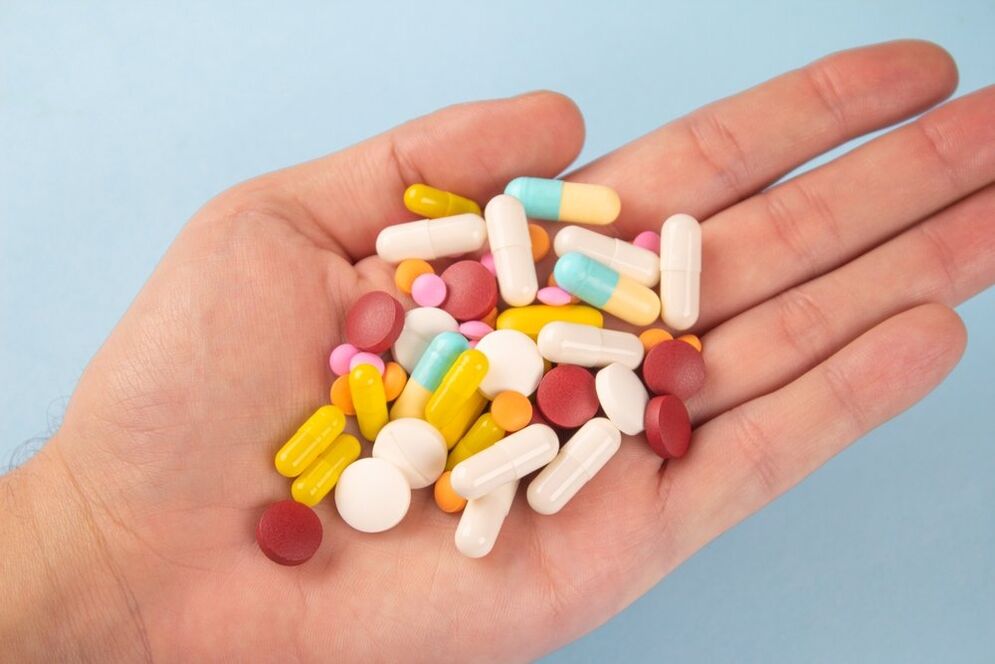
Prostatitis is an extremely common inflammatory disease of the genitourinary system in men. The essence of this pathology is an infectious or bacterial inflammation of the prostate gland. Most often, this disease is diagnosed in men aged 25 to 50 years. In the absence of medical care, it can cause erectile dysfunction, infertility, etc. In this article, we will look at the best drugs for prostatitis.
General principles for the treatment of prostatitis

First, we note that self-treatment of inflammation of the prostate gland is unacceptable. Any medications should only be used as directed by a doctor.
With the bacterial nature of the inflammatory process, antibacterial drugs are used, selected depending on the sensitivity of the pathogen. The dosage and duration of antibiotics are also selected individually.
In addition, non-steroidal anti-inflammatory drugs, herbal preparations that stop inflammation and improve metabolic processes in the prostate can be used.
If there are complaints of difficulty urinating, alpha-blockers that restore urodynamics are indicated.
Various non-pharmacological methods are also of great importance. First of all, this includes prostate massage, which is carried out in a chronic inflammatory process. In addition, the treatment plan is actively supplemented by a variety of physiotherapy procedures, such as laser therapy, electrical stimulation, etc.
Effective Medicines
So which drugs have the best effect on prostatitis?
Regarding antibiotics, fluoroquinolones and macrolides are most often prescribed for prostate inflammation, but other groups of antibacterial agents can also be used.
If we are talking about herbal preparations, then a drug based on an extract of the fruits of a creeping palm can be used. It has anti-inflammatory, anti-androgen, anti-exudative effect. This drug is actively prescribed not only for chronic prostatitis, but also for benign prostatic hyperplasia.
Another herbal preparation is a combination medicine, which includes Canadian goldenrod, licorice root, St. John's wort. John's wort, rhizomes with purple echinacea roots. This drug improves microcirculation in prostate tissues, is active against certain bacteria and reduces the severity of inflammation.
Another effective remedy for prostatitis is suppositories, the active ingredient of which is the biomass obtained from the larvae of insects of the gypsy species. In 2020, scientists from the Kuban State Medical University conducted a study, the results of which prove the feasibility of using this drug in patients with chronic bacterial prostatitis.
From the group of alpha-adrenergic blockers, a drug that helps to relax the smooth muscle fibers of the neck of the bladder and prostate is most often used, which leads to an improvement in urine output.

































